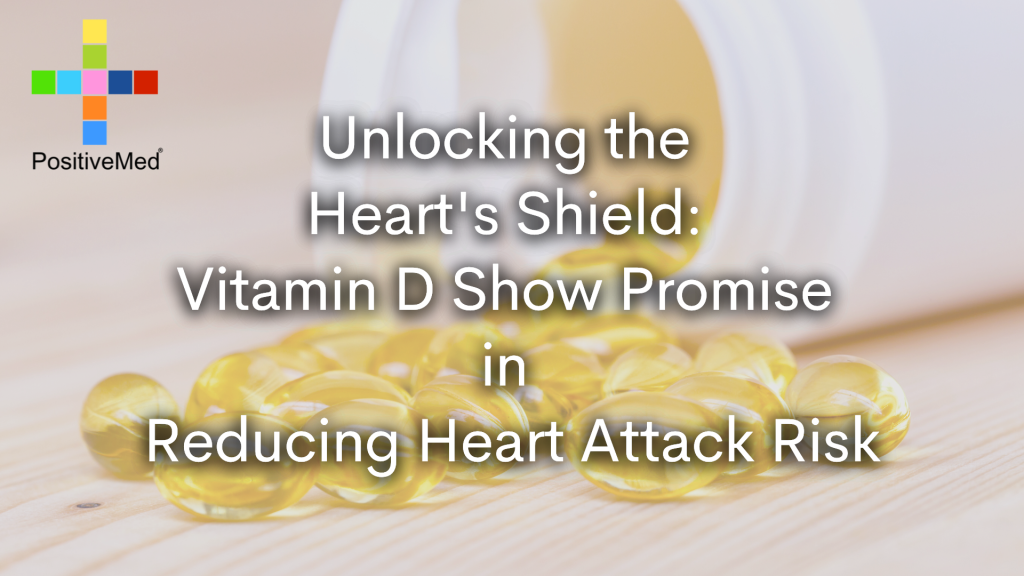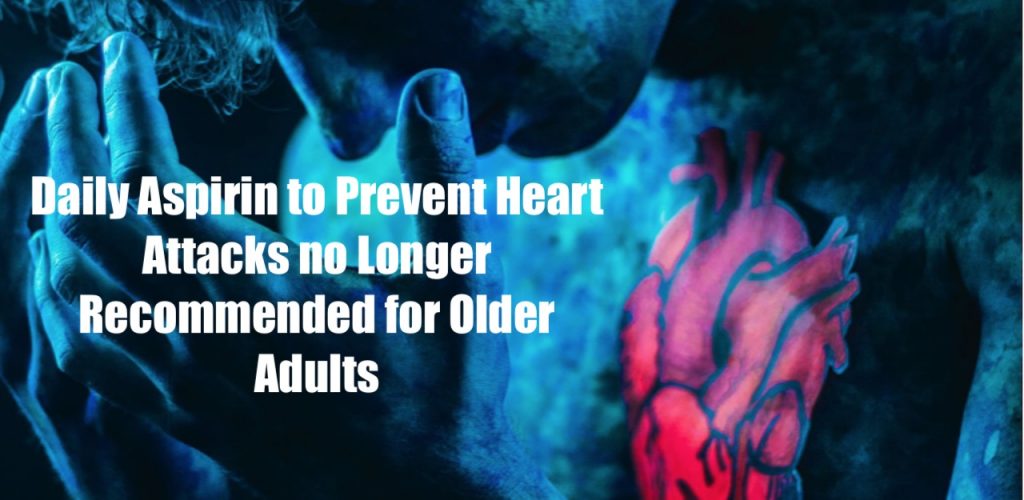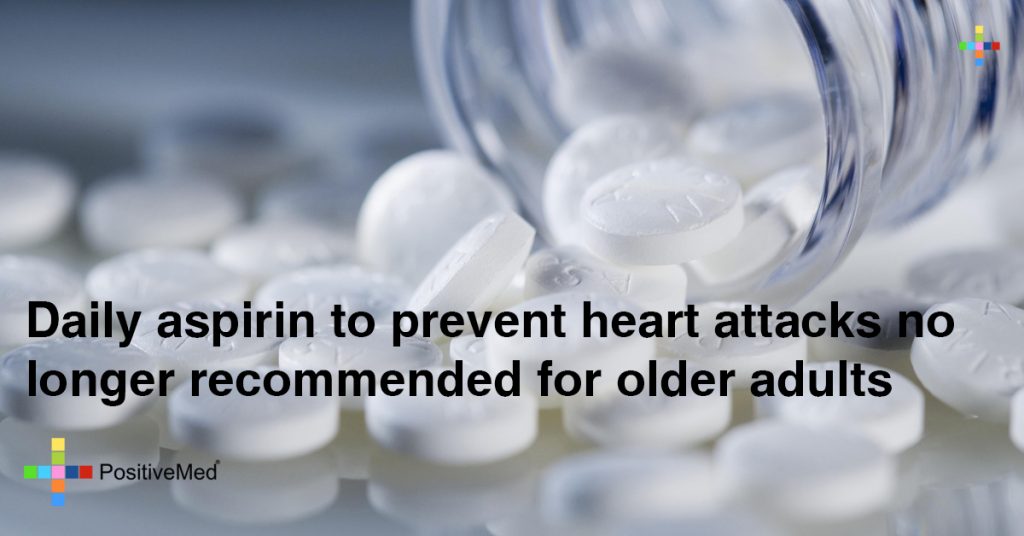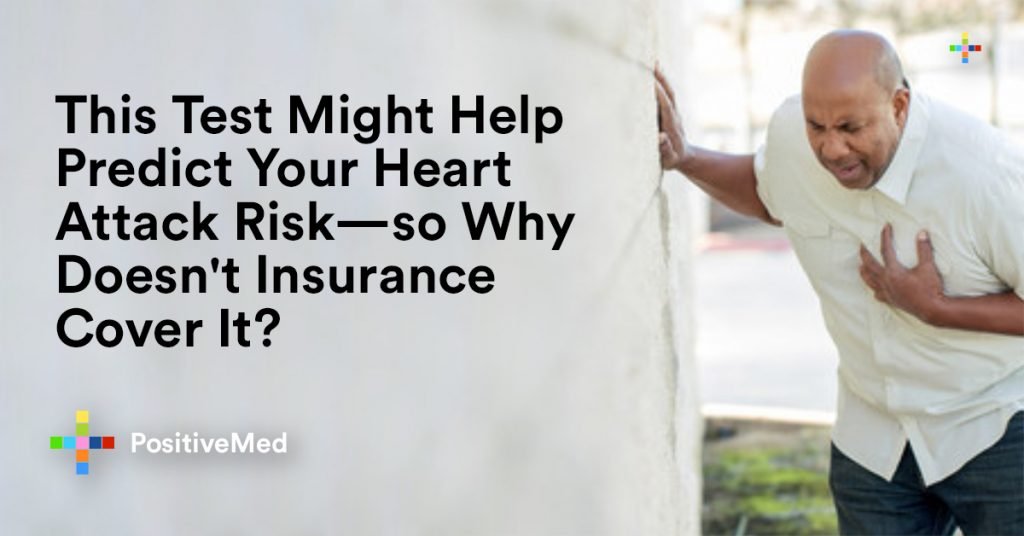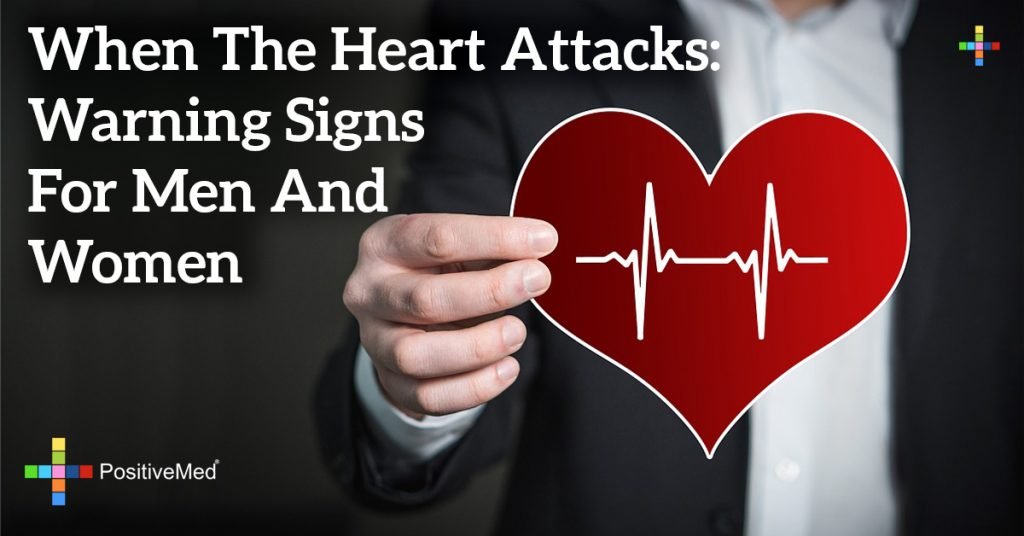Hotter Temps, Higher Risk: AHA Study Unveils Heart Attack Danger Spiking in Heat Waves and Pollution!
A new study published in the journal Circulation by the American Heart Association (AHA) indicates that certain groups of people may face a significantly higher risk of dying from a heart attack during heat waves and high levels of fine particulate pollution. The study focused on analyzing over 202,000 heart attacks that occurred in China’s […]


